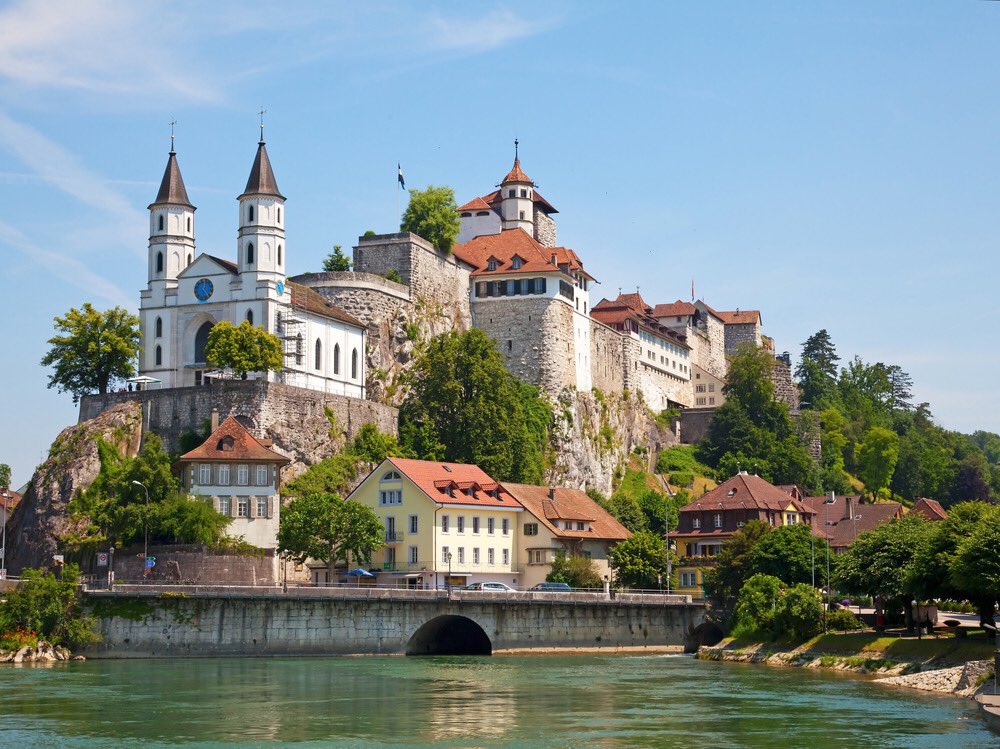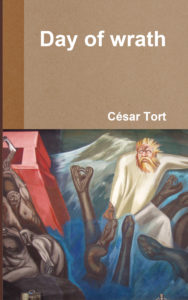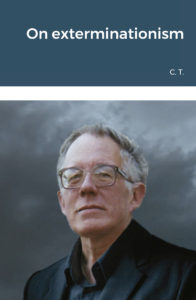The following are the first pages of the latest edition:
As a Sanskrit saying goes, from the corruption of women all evils follow. And as I have shown in many articles on my website The West’s Darkest Hour, feminism goes hand in hand with a thoroughgoing feminisation of the Western male. Both are two sides of the same coin: a folie en masse that has been destroying the fair race throughout the West. Feminism’s third wave began with the sexual revolution of the 1960s that has caused the disintegration of the family and the fall in birth rates due to the emancipation of white women from all family responsibilities. But in this compilation we will also talk about the first and second waves, which explain the third and which long precede what happened in the 60s.
Feminism, ‘the great destroyer’ as William Pierce called it in an interview abridged for this book, has been corrupting whites ever since Nietzsche complained that Europeans were beginning to abandon the institution of marriage. George Lincoln Rockwell said something similar in a passage of one of his books, also reproduced here. Today’s suicidal ethos among whites cannot contrast more with the pamphlets that the SS gave to its soldiers so that they could procreate abundantly with their wives or Aryan lovers. Unlike the West of today, Hitler’s Germany was a very healthy society. (After I finish putting this book together I will start quoting some passages from those pamphlets on my website, including Sieg des Waffen, Sieg des Kindes.)
Instead of National Socialism what we see in the United States is a small group of diligent pro-white advocates often referred to as white nationalists. Rarely do their proponents declare intellectual war on feminism. One exception is Roger Devlin, whose seminal article on the subject is reproduced here. Some white nationalists are so incredibly obtuse that in the comments section of ‘A Breakthrough Year’, a December 30, 2015 piece of The Occidental Observer, Devlin had to say:
When I began writing and talking about sex in racialist circles a few years ago, even some very intelligent people did not understand the relevance of what I was saying to their concerns. The relevance is, of course, that races reproduce sexually. Feminism in all its aspects is as much an attack on our race as Boasian egalitarian dogma, and the same struggle must be waged against both. Like the Soviet Union of old, the contemporary West is a regime built upon lies, and cannot survive once those lies are brought into open and general contempt.
To expose the lies here I also reproduce a couple of casual comments in my website; some texts authored by Andrew Anglin who runs The Daily Stormer, what Lord Kenneth Clark said in Civilisation, and the words of a MGTOW man who uploads videos under the controversial pseudonym of Turd Flinging Monkey. John Sparks studied animal behaviour with Desmond Morris at the Zoological Society of London. Here I reproduce some excerpts of Sparks’ Battle of the Sexes.
This book comprises eleven texts, of which I am the author of the first, the last and a brief note about Pride & Prejudice. The title is inspired by a passage from Morris’ The Naked Ape. That essay, ‘On Beth’s cute tits’, also alludes to the character from the series The Queen’s Gambit, which according to Netflix has been its most popular limited series. The longest essay in this book is my critique of HBO’s most popular series, Game of Thrones, which also promotes feminism.
My final words on ‘The Iron Throne’ summarise my diagnosis about the aetiology of the fair race’s darkest hour.
César Tort (Editor)
Now that I was reviewing several of those articles for the 2022 edition, I was struck by the article that gave the book its title: one of the most important essays I have written in my blogging career. I believe that anyone who wishes to save the Aryan race from the coming extinction should read it.
The PDF of this edition is available here.
I will now add the above image to the featured post.
______ 卐 ______
Since I’m offering all of my work for free, I’d appreciate it if those who like it would contribute to keeping us working hard. Remember that in addition to PayPal, we also have Bitcoin and Monero accounts.
Bitcoin: 3DwpjCaGwycbeQB554h99ej5eLyMYRHcxf
Monero: 47r35PSQCusfRPPXE8nngVP mfWenWsb9KJJwhBtmVMzF Gv1JjTs6znuXJErURnyNKA7 Q3CgpwjGm8goHwAEpPgTx Dc2EnHa










